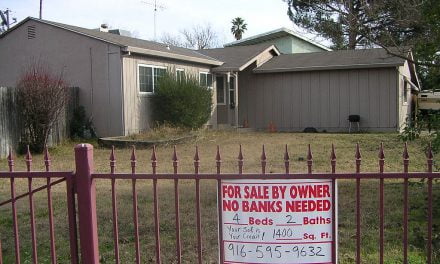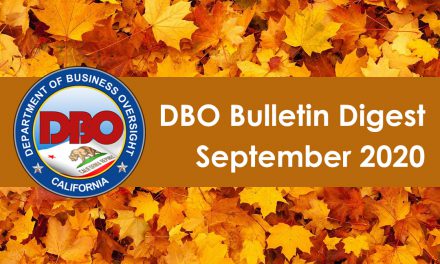How many homebuyers do you think will be informed about private mortgage insurance (PMI) for a 95% conventional loan when they agree to higher FHA premiums?
- Few (70%, 32 Votes)
- None (22%, 10 Votes)
- Many (9%, 4 Votes)
Total Voters: 46
The Federal Housing Administration (FHA) is raising its mortgage insurance premium (MIP) fees. Annual premiums, which are paid monthly, and upfront premiums, which are paid only once on the origination of the loan, will be revised to conform to the following guidelines:
- effective April 1, 2012, annual MIPs for loans under $625,500 will increase to 1.25% of the loan amount, up from 1.15%;
- effective June 1, 2012, annual MIPs for loans $625,500 and higher will increase to 1.5% of the loan amount, up from 1.15%; and
- effective April 1, 2012, upfront premiums will increase to 1.75% of the loan amount, up from 1%.
These fee revisions will apply to purchase-assist homebuyer financing and refinancing by homeowners, but will not apply retroactively to existing FHA-insured mortgages.
FHA insurance requirements for qualification are less stringent than Private Mortgage Insurance (PMI) requirements. The FHA accepts down payments as low as 3.5% of the purchase price and credit scores as low as 580. PMIs appeal to more established borrowers making larger down payments (though less than 20%) and with higher credit scores. Because it accommodates less-qualified borrowers, the FHA has proven a popular choice for those making less than a 20% down payment. 40% of all 2010 purchase-assist mortgages and 53% of all first-time homebuyers’ mortgages between October and December 2011 where insured by FHA.
Mortgage finance experts predict the FHA’s increased premiums will do little to influence interested borrowers, as it is still the only choice for homebuyers with little accumulated savings to make a down payment.
first tuesday take: This MIP increase will tend to push down low-tier home prices and any other FHA-dependent home sales. The increase serves to lower the buyer’s purchasing power, since the amount he can borrow on 31% of income for payments of principal, interest, taxes and insurance (PITI) will be less.
If the FHA really wants to shake things up (which they must do to avoid a congressional bailout) they will do much more than raise default insurance premiums as a way to cover their losses. Crises are prime opportunities to put improved plans in place, and now is the time make some changes.
To ensure a healthier real estate market going forward, the FHA must also increase down payment requirements. More skin in the game means fewer homeowners will default and greater levels of homeownership will become the long-term (and sustainable) norm – which is just what real estate agents need to provide for their families.
Yes, this alters expectations for future first-time homebuyers, creating an initial period of adjustment to accumulate sufficient additional savings for the new minimum down payment required to buy a home. However, the improvement to a more fundamentally sound down payment regime will have no long-term adverse effect on sales volume. Sales will bounce back after the initial delay needed for those with insufficient funds to continue saving until they can purchase their first home (and now sustain their ownership).
It remains the homebuyer’s job, properly guided by his real estate agent, to choose a loan with terms that work best for his family’s finances. Financial planning is part of the job of the buyer’s agent, as agents do not want to put buyers into homes on terms that will likely cause them to lose the property or excessively stress their family’s budget. The agent’s charge is to simply care for and protect his buyer in the purchase of a home. Such protection is heavily reliant on the purchase transaction structured by the agent.
Every buyer has a unique financial thumbprint which requires him and his agent to shop around for the best loan and mortgage default insurance option –FHA or PMI – available for their situation.
Related articles:
Higher FHA-insured loan costs push homebuyers to prowl the market
Re: “Buyers face higher fees at FHA” from The New York Times















The increased premium is a good business decision for FHA and taxpayers, and which will have little negative effect on retail prices or desirability of an FHA loan. First Tuesday should stay in the reporting business and eliminate the editorial opinions.
FHA’s lower down payment requirement has absolutely nothing to do with a homeowner defaulting on his/her mortgage. VA loans where there is no down payment at all has the lowest default rate of all mortgage types and always has. The one factor influencing mortgage defaults today is homeowners have absolutely no qualms about walking away form their financial obligations when (1) finances get tight, or (2) when the value of their home drops. Sadly these homeowners would walk away from their mortgage obligations even if they had borrowed the money from Mom & Dad or Grandma and Grandpa. Welcome to the Entitlement Generation and Don’t Make Me Responsible for My Decisions” crowd.